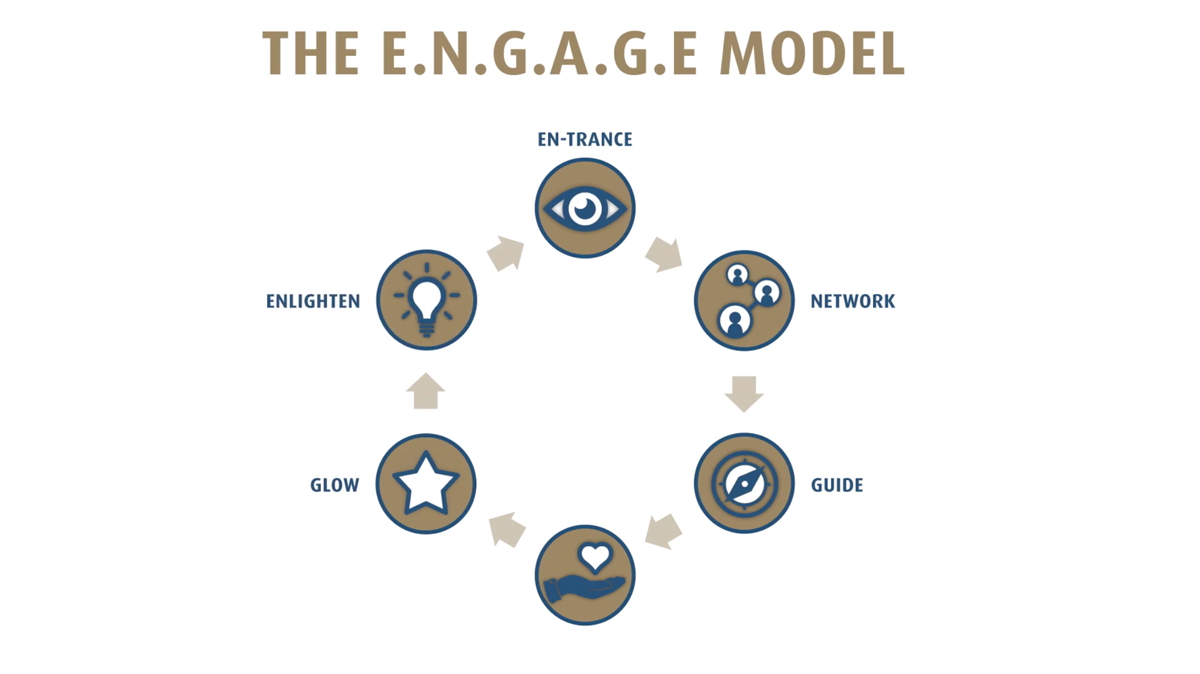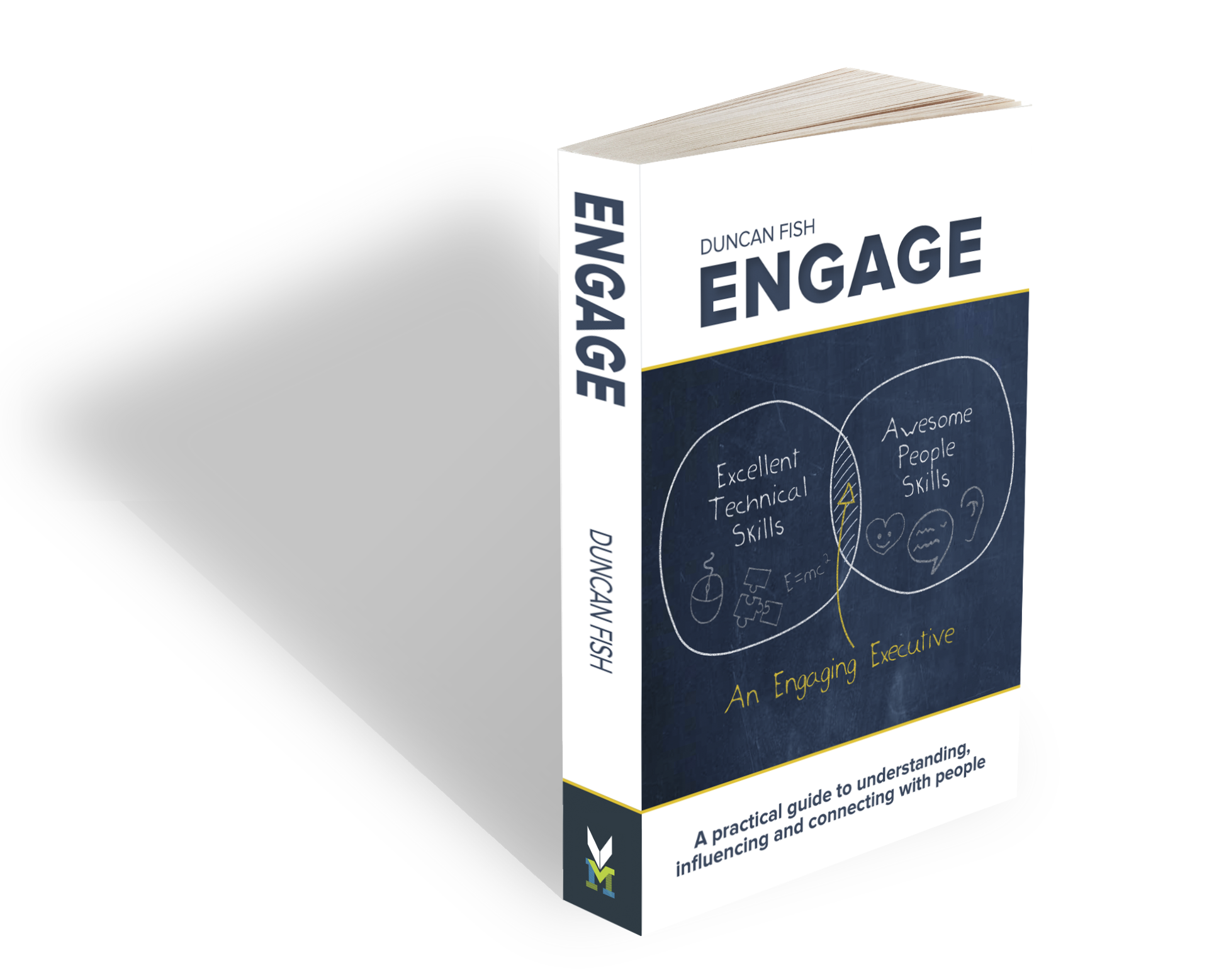Evaluating Your Career at the End of the Year
Posted By Duncan Fish on December 19, 2017

Just like you want to give your own performance a personal review at the end of the year, you also probably want to give your actual career and job a type of evaluation, to ensure you’re on the right path.
What do we mean by this?
Well, it means it’s a great time to take a look at your career path, where you’re headed and whether or not you’re actually headed where you want to go. After all, your current job is so much more than just a job — it’s a piece of the puzzle that makes up much of your entire life, determining your happiness, your standard of living and how you spend the majority of your time.
Take a look at your current role, both your job itself and the daily tasks associated with it, as well as the social role you play in your work environment. Are you happy with it? Yes. Okay, great. But will it help you meet your long-term career goals? This is where it can get tricky. You may love going into the office from 8-6 and gluing yourself to your desk chair, pounding away on your keyboard for ten hours before returning home, never saying a word to anyone. It may seem just perfect. But what about in 20, 30 or 40 years? Are you going to still love it then, if you’re doing the same thing? Will doing this get you where you’re looking to be decades from now?
And what if you’re, in fact, NOT happy with your job itself and the daily tasks and the social role you play? Then it’s time to make a change! Make a move!
Do something different!
Does that mean quit your job tomorrow and figure it out as you go along? Of course not!
It does, however, mean that something has to change, no matter how small.
Maybe you’re unhappy with your daily tasks and you would rather be in a more senior position at your company. So start taking steps to get that senior position.
Maybe you hate the social role you play at the office — you don’t feel welcomed or wanted by your colleagues. So start figuring out a way to break into the inner circle.
The big question — how?
The answers are probably a lot easier than you think, and they’re all found within ENGAGE: A Practical Guide to Understanding, Influencing and Connecting with People — in other words, the Engaging Executive’s playbook.
We break down some of the top concerns up-and-coming businesspeople have when it comes to developing the interpersonal skills needed to make a mark on your place of business, network successfully, influence others, leave a lasting positive impression and lead others.
What you don’t want to do? Rely on others in your office to hand you what you want, whether it be management or your colleagues. If you truly want to keep your career trajectory on a path that you decide, you have to take control and responsibility, and start becoming an Engaging Executive.
If you would like a free assessment of skills against the ENGAGE model, click here. In additional Christmas is around the corner, read here to have another effective way to celebrate the holidays.



